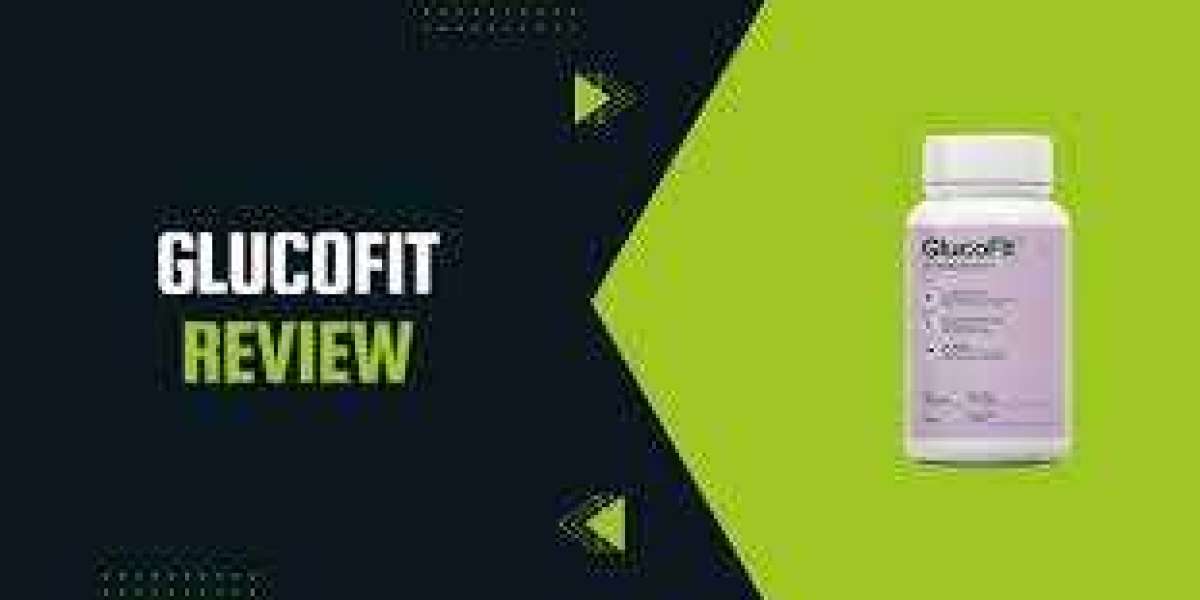Private label products have transformed the way entrepreneurs build brands, offering unmatched flexibility, scalability, and profitability. In this guide, we’ll explore every facet of launching and growing a business with private label products—from niche selection and sourcing to marketing and long-term scaling.
Table of Contents
What Are Private Label Products?
Private label products are goods manufactured by one company but sold under another company’s brand. Instead of inventing new products, you customize existing ones to reflect your brand identity.
For example, a skincare startup might buy a pre-formulated facial cleanser and sell it under their own brand with custom packaging and marketing.
Why Choose Private Labeling?
Private labeling is ideal for entrepreneurs who want control without the high cost of product development. Key advantages include:
Higher Profit Margins
Full Branding Control
Market Differentiation
Faster Time-to-Market
Easier to Scale
Compared to dropshipping or wholesaling, private labeling gives you a stronger foundation for brand loyalty.
How to Find Profitable Private Label Product Ideas
A successful product starts with demand. Use these methods to discover your niche:
1. Use Product Research Tools
Jungle Scout
Helium 10
AMZScout
2. Analyze Market Trends
Explore platforms like Google Trends, Trend Hunter, or Pinterest for what’s currently hot.
3. Study Competitor Gaps
Look for products with:
High demand but low competition
Poor reviews (you can improve them)
Room for branding or design upgrades
Where to Source Private Label Products
1. Alibaba Global Sources
These B2B marketplaces connect you with thousands of manufacturers who offer private labeling options.
2. Local Manufacturers
For better communication, faster shipping, and quality control, consider manufacturers in your own country.
3. Dropshipping Suppliers with Private Label Options
Services like Spocket or Modalyst offer branded dropshipping, allowing private labels without inventory.
Branding Your Private Label Products
Branding is what sets you apart. Make sure your brand identity is:
Memorable
Emotionally Resonant
Aligned with Your Audience
Develop a brand name, logo, color scheme, voice, and value proposition. Tools like Canva or Looka can help design visuals affordably.
Creating Your Own Packaging and Design
Product packaging influences first impressions and repeat sales. Consider:
Custom Boxes or Eco-Friendly Packaging
Label Design (with compliance info)
High-quality Print Finishing (matte, gloss, embossing)
Partner with design professionals or use platforms like 99designs or Fiverr for help.
Selling Platforms for Private Label Products
1. Amazon FBA (Fulfillment by Amazon)
Ideal for new sellers. Amazon handles storage, shipping, and customer service.
2. Shopify Store
Full control over branding and customer experience. Requires traffic-driving strategies.
3. Walmart Marketplace, Etsy (for niche categories)
Each platform has unique advantages for specific product types and audiences.
Marketing Strategies to Grow Your Brand
1. SEO Content Marketing
Optimize your site and listings with relevant keywords like private label products, buy [product], and best [product] brand.
2. Social Media Marketing
Build a community around your brand using Instagram, TikTok, and Pinterest.
3. Email Marketing
Grow an email list from day one using lead magnets or discounts. Nurture your list with value-rich newsletters.
4. Influencer Collaborations
Partner with micro-influencers in your niche for product reviews and user-generated content.
Common Mistakes to Avoid
Choosing Low-Quality Suppliers
Always request samples and read reviews.Neglecting Branding
Generic branding leads to forgettable products.Ignoring Legal Requirements
Ensure product labels meet regulations for your country.Overordering Inventory Initially
Start small to test demand and scale accordingly.
How to Scale a Private Label Business
As your brand gains traction, scale by:
Expanding your product line
Moving into international markets
Investing in paid ads (Google, Meta, TikTok)
Partnering with influencers or affiliates
Automating logistics with 3PLs or FBA
Conclusion
Private label products offer a powerful way to build a long-term, profitable eCommerce business. From selecting the right niche to mastering marketing, the private label model allows you to control every aspect of your brand. With the right strategy, tools, and mindset, you can build a product-based business that scales and stands out in a crowded marketplace.
FAQs About Private Label Products
1. What are examples of private label products?
Skincare, supplements, kitchen tools, fitness gear, and pet supplies are popular private label items.
2. How much money do I need to start?
You can start with as little as $1,000–$5,000, depending on product cost, quantity, and platform fees.
3. Are private label products profitable?
Yes. Since you control pricing and branding, margins can reach 30–70% or more.
4. Do I need to register a trademark?
It’s not required to start, but trademarking your brand protects your intellectual property.
5. Can I sell private label products internationally?
Absolutely! Use fulfillment services like Amazon Global or 3PLs that handle international logistics.







